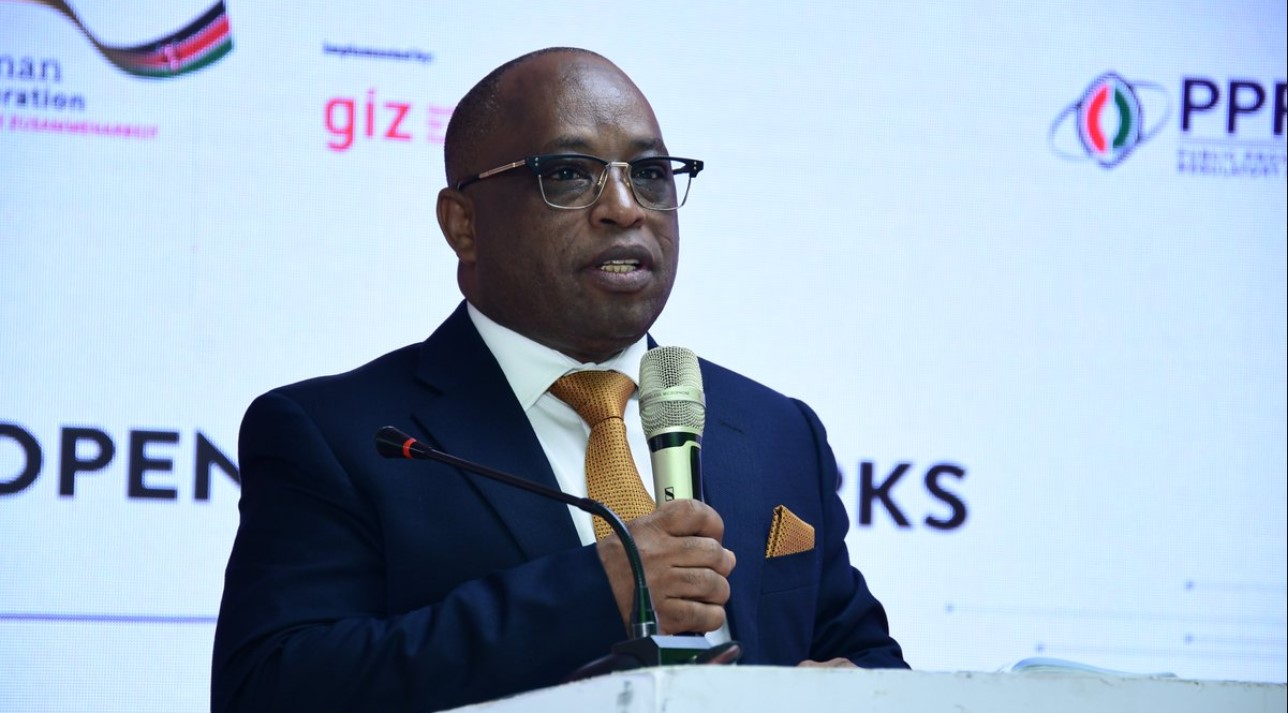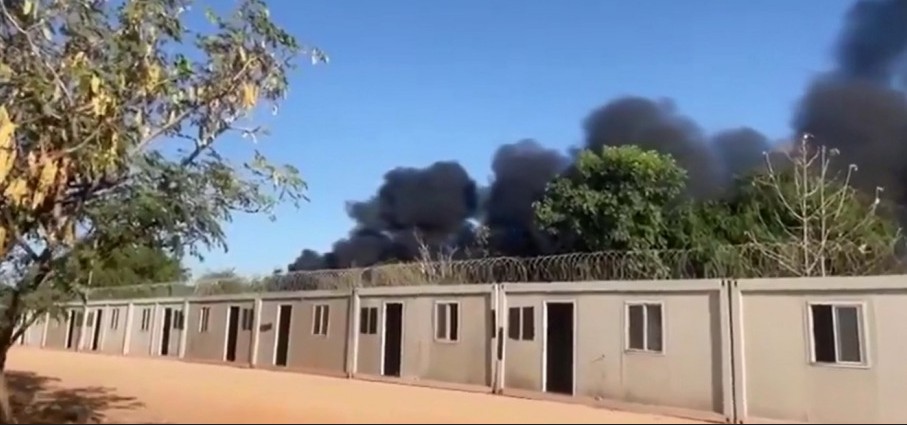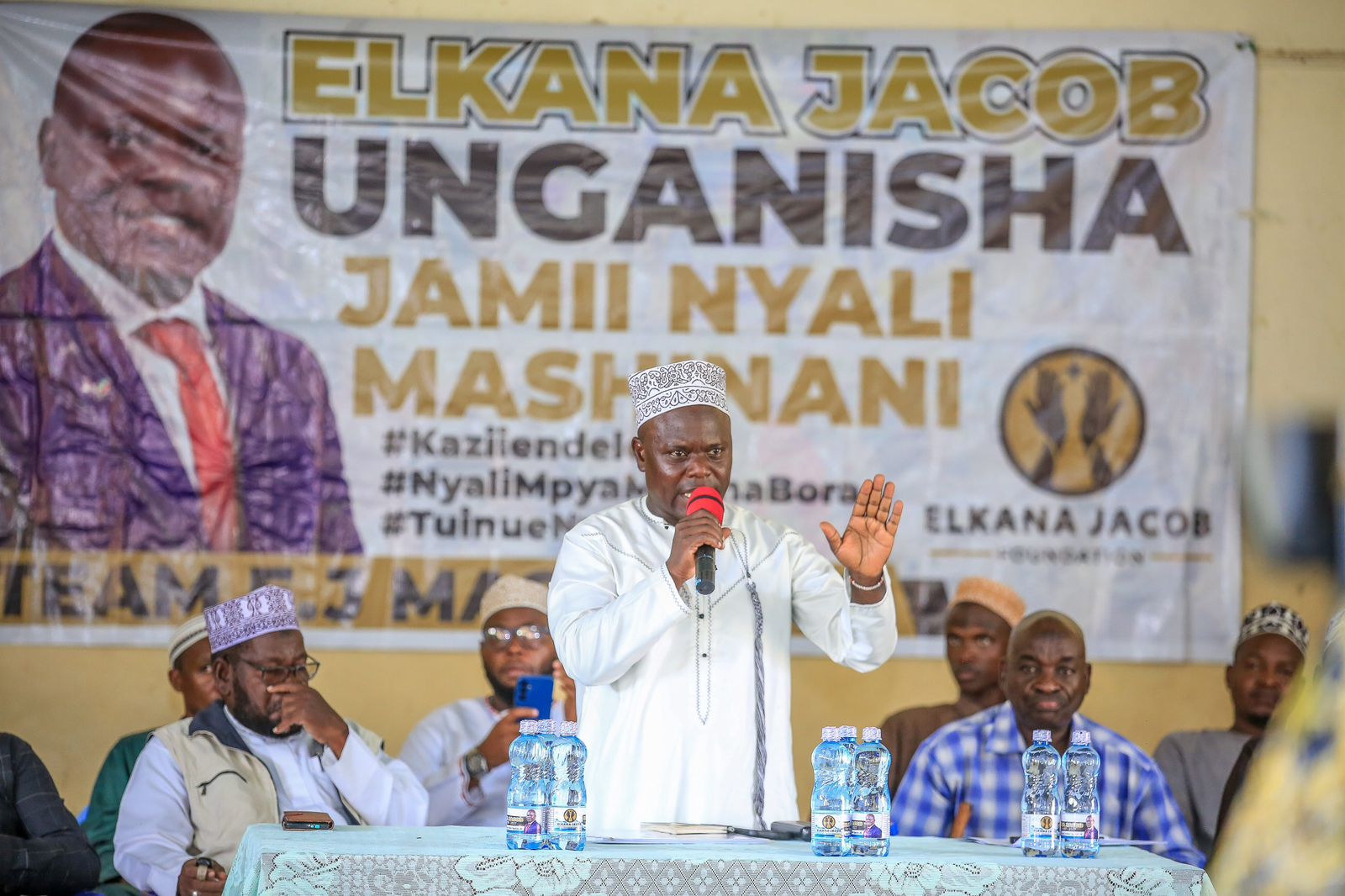Immigration department faces backlash over controversial foreign visitors’ insurance tender

The Public Procurement Regulatory Authority has weighed in on the matter, warning that the restricted tender violates several procurement laws.
The immigration department is under scrutiny after a multi-billion-shilling tender, floated for the compulsory medical insurance cover for foreign visitors, raised concerns over transparency and fairness in the procurement process.
The tender, launched on December 20, 2024, by the State Department for Immigration and Citizen Services, is part of the new requirements under the Social Health Insurance Act 2024.
More To Read
- Women secure majority of contracts in inclusive government procurement programme
- UK announces biggest overhaul of its legal migration model in 50 years
- Regulators warn over financial sector’s dependence on limited tech providers
- MPs call for withdrawal of Treasury, civil service circulars on e-GPS system
- Insurance audit firms face eight-year term limit under draft Treasury rules
- SHA accused of ignoring law in hiring as NHIF workers left out
This legislation makes it mandatory for foreigners visiting Kenya to have medical coverage during their stay.
The tender, however, has sparked protests from insurers and procurement regulators, who have raised red flags over the restricted nature of the bidding process.
A restricted tender means that only a select group of insurers, handpicked by the Immigration Department, will be allowed to bid for the lucrative business. This decision is particularly controversial considering the growing number of international visitors to Kenya, which surged by 35.4 per cent in 2023 to reach 2.08 million.
The Public Procurement Regulatory Authority (PPRA) has weighed in on the matter, warning that the restricted tender violates several procurement laws.
In a letter dated January 9, 2025, PPRA Director-General Patrick Wanjuki stated that the tender should not proceed as currently structured.
"It is our considered view that the subject tender cannot be progressed to its logical conclusion in its current form, and you are therefore required to take due regard of our observations," the letter reads.
Restricted tender
Wanjuki also pointed out that the Immigration Department had failed to explain why it opted for a restricted tender, which can only be used under specific conditions outlined in the Public Procurement and Asset Disposal Act of 2015.
The Act permits restricted tendering if the goods or services are specialised, require prequalified bidders, or when the number of suppliers is limited. However, the PPRA questioned whether these criteria were met.
"We are unclear on which conditions justified the use of restricted tendering," Wanjuki added.
The concerns from the PPRA mirror those expressed by the Association of Kenya Insurers (AKI), which represents local insurers.
The association has called for the cancellation of the tender to allow for wider consultation. In a letter to the Immigration Department, AKI's CEO Tom Gichuhi argued that the tender is discriminatory.
"The insurer's position is that this amounts to discrimination and that the tender should be opened to all insurance companies licensed to underwrite this class of business by IRA," the letter stated.
Other Topics To Read
- National
- Immigration
- Immigration Department
- Association of Kenya Insurers
- AKI
- Insurance Regulatory Authority
- insurance
- Public Procurement Regulatory Authority
- State Department for Immigration and Citizen Services
- Social Health Insurance Act
- PPRA
- Immigration department faces backlash over controversial foreign visitors’ insurance tender
- Headlines
Tender's conditions
AKI further criticised the tender's conditions, especially the requirement that insurers do not need to be registered with the Insurance Regulatory Authority (IRA), although the Insurance Act mandates that all entities involved in underwriting must be licensed by the IRA. This has left insurers questioning the legality of the tender's terms.
The tender also demands that bidders be backed by top international reinsurers and that they partner with third-party administrators and Tier-I international banks.
AKI believes these requirements would unfairly exclude local insurers and could lead to the loss of foreign exchange.
The association also took issue with the involvement of third-party administrators in managing claims, a move they argue contradicts the IRA Act, which prohibits third parties from collecting premiums.
In response to the tender's structure, AKI has proposed a more inclusive approach, suggesting that the government should set the minimum standards for the cover and enforce them, rather than restrict the bidding process.
AKI has even developed a digital certificate system that would allow for easier verification of coverage for foreign visitors.
"Instead of restricting the tender, the government should just come in to set the minimum limits and ensure that the requirement is enforced,” AKI said.
Top Stories Today














































